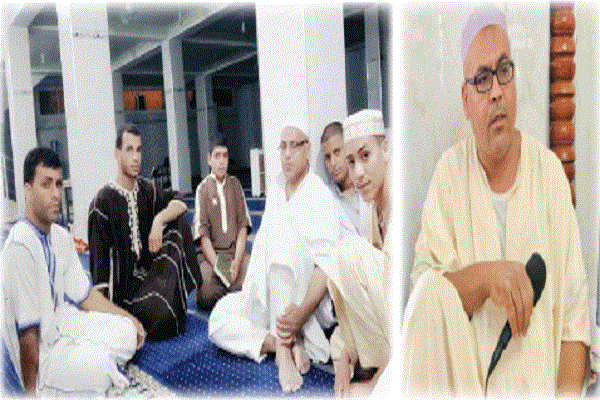Traditional Quranic Teaching Thrives in Algeria’s El Oued Province

For over 30 years, Sheikh al-Bashir has relied on tools such as ink, reed pens, and wooden boards—methods passed down from his own father and teachers. “My journey with teaching the Quran began at a young age, when my father wished for me to become a memorizer of the Quran,” he recalled, as reported by local media.
In the late 1980s, his father enrolled him in a Quranic school that used only basic materials for learning, including a wooden board and ink pen. Dictation from the teacher formed the basis of memorization.
Now overseeing about 250 students—both boys and girls—Sheikh al-Bashir encourages children under 15 to write verses on blackboards by hand.
“This method helps fix the words in the mind and deepen understanding. It requires full attention, with the hands and mind engaged at the same time,” he said.
He emphasized the value of the dictation session, which helps students become accustomed to hearing and repeating the Quran accurately. Mistakes in pronunciation or writing are corrected immediately, reinforcing learning. “This method teaches students to write Quranic script, which is different from everyday writing, and supports better retention and fluency,” he added.

Though not opposed to modern teaching tools, Sheikh al-Bashir remains committed to traditional practices, especially for young learners.
His students report initial resistance to these methods, particularly the repetitive rewriting and occasional disciplinary measures. However, many come to appreciate the approach, with some continuing to attend his classes even after entering university or the workforce.
Read More:
According to his students, Sheikh al-Bashir’s method not only aids in Quran memorization but also improves handwriting, spelling, and verbal expression.
Over the years, he has trained hundreds of Quran teachers, mosque staff, and students—men and women alike—contributing significantly to Quranic education in the Bayadha region.
4281815



